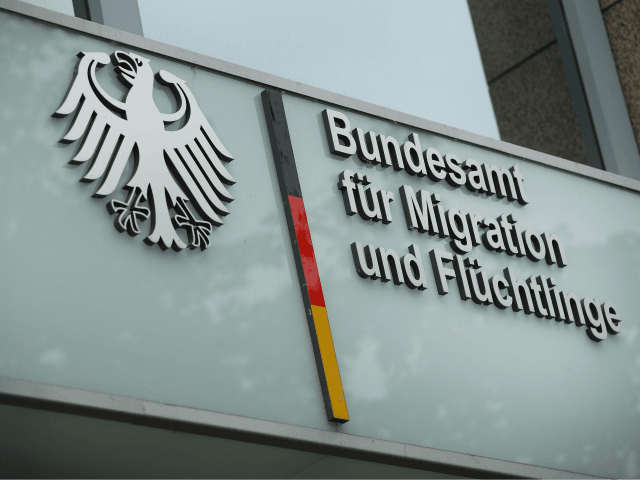Around a third of failed asylum seekers in Germany are able to secure permission to stay in Germany after filing appeals, with the process costing German taxpayers tens of millions of euros.
German administrative courts often hear appeals to negative asylum decisions made by the Federal Office for Migration and Refugees (BAMF) and around one in three of the appeals see a reversal of the negative decision, costing BAMF nearly a thousand euros per case lost.
Statistics from the last five years reveal that successful appeals to BAMF decisions have cost German taxpayers anywhere from 16 to 25 million euros (£13.5 million-£21.1 million/$16.7 million-$26 million), the European Union-funded website InfoMigrants reports.
Court costs due to appeals for this year have already totalled 5.9 million euros as of April 20th and if the trend continues, BAMF may be forced to pay up to 19 million euros (£16 million/$19.8 million), two million euros more than in 2021.
Migrant Crisis 2.0: EU Sees Highest Influx of Migrants Since 2016, Even Excluding Ukrainehttps://t.co/EqJmeBOtD0
— Breitbart London (@BreitbartLondon) April 19, 2022
Germany is still one of the most popular countries for asylum seekers to make asylum claims in Europe and last year it was reported that in the first nine months of 2021 Germany saw a 33 per cent increase in the number of asylum seekers arrivals.
In the first nine months of last year, Germany saw 100,240 asylum applications, with the European Union seeing 355,955 in total across all member states.
Earlier this year in February, the European Union border agency Frontex announced that migrant arrivals to the European Union had increased by 78 per cent in the month of January and later stated that migrant arrival levels were approaching those of the height of the migrant crisis in 2016.
the agency stated that between January and March around 40,300 non-Ukrainian refugee migrants had crossed into the European Union, an increase of 57 per cent from the year prior. The Western Balkan route saw the largest surge of activity with around 18,300 illegal crossings, most of which were Syrian and Afghan nationals.
German Court: Deportations Valid Even If Migrants Face Hardship at Home https://t.co/PUyal4ccaP
— Breitbart London (@BreitbartLondon) April 24, 2022

COMMENTS
Please let us know if you're having issues with commenting.